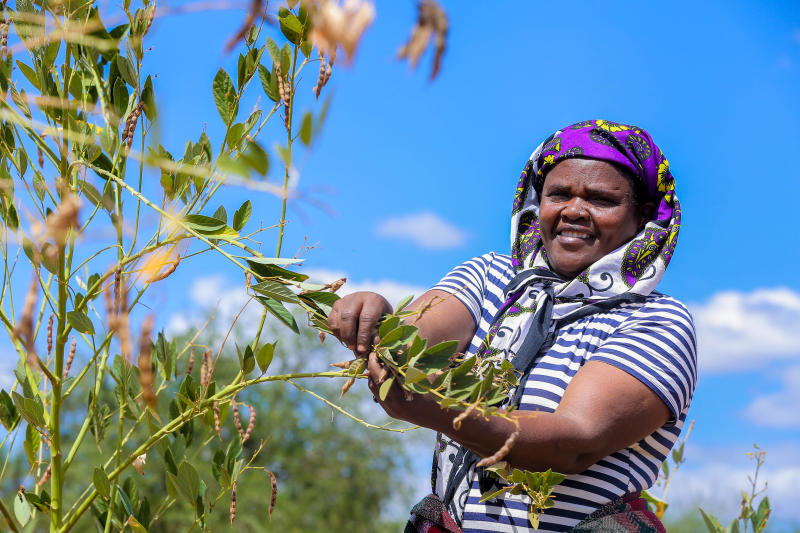
Despite being the largest agricultural country in the East African market, the Kenyan market is experiencing a lot of hardships in creating more room for high production. Small scale farmers particularly need that help, to scale up from subsistence farming and enable them achieve full economic benefits and make farming a profitable venture.
Losses associated with drought, floods, poor farming practices and pests and diseases pose a threat to small scale farmers’ income. This is why Digifarm was launched, to enrich the lives of these farmers.